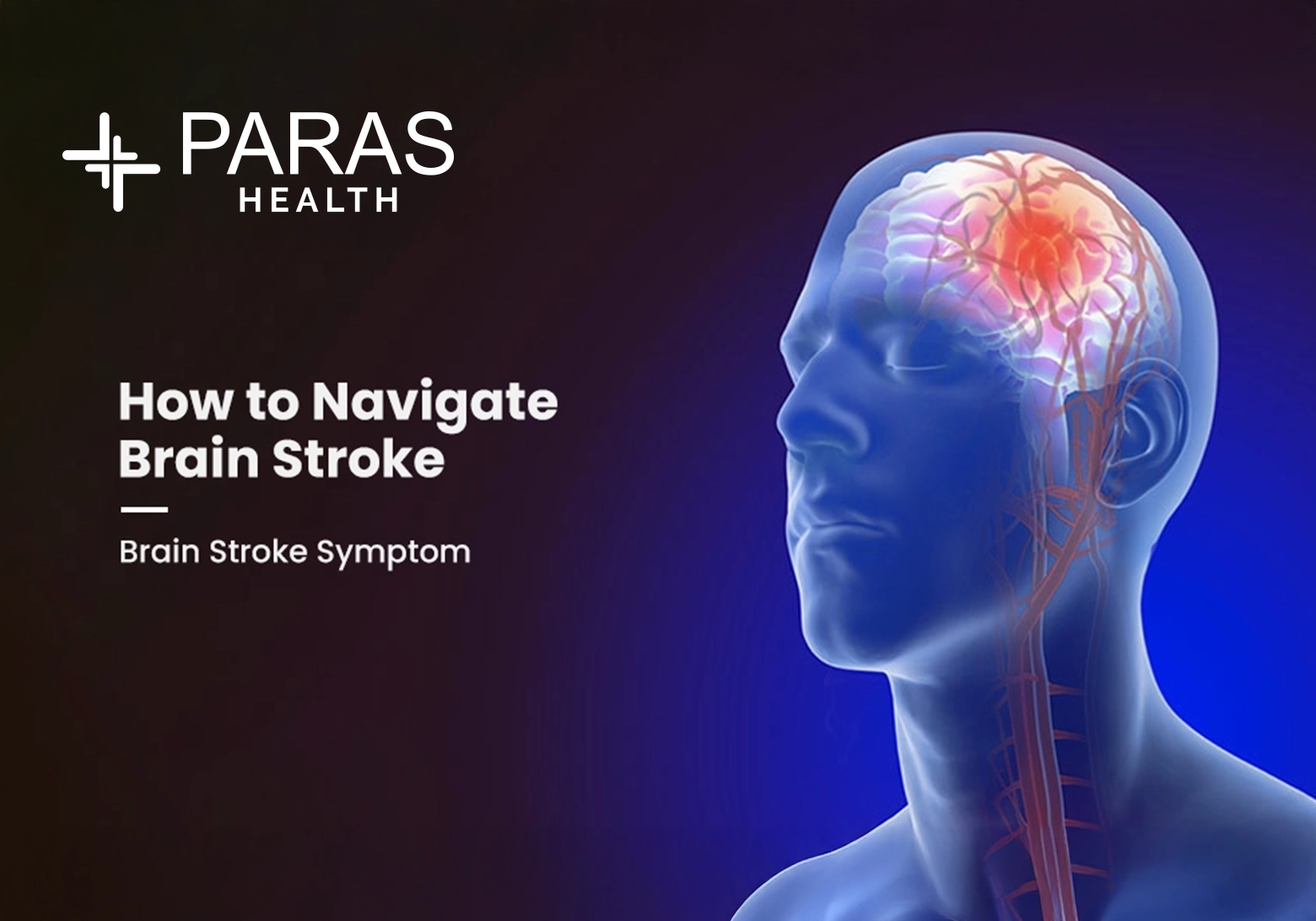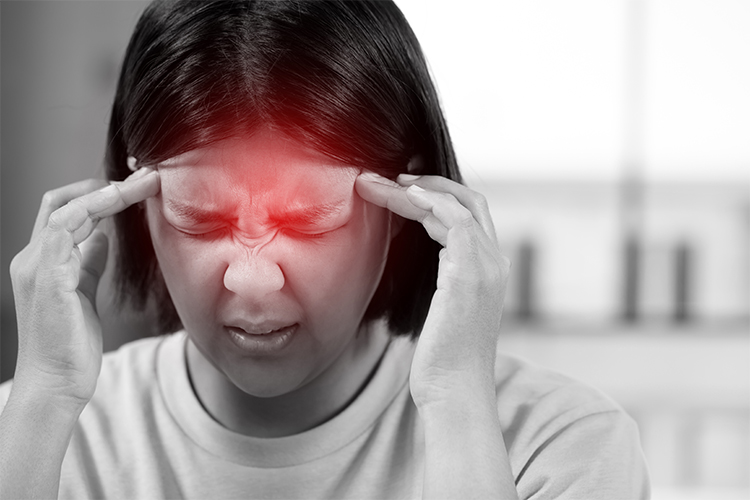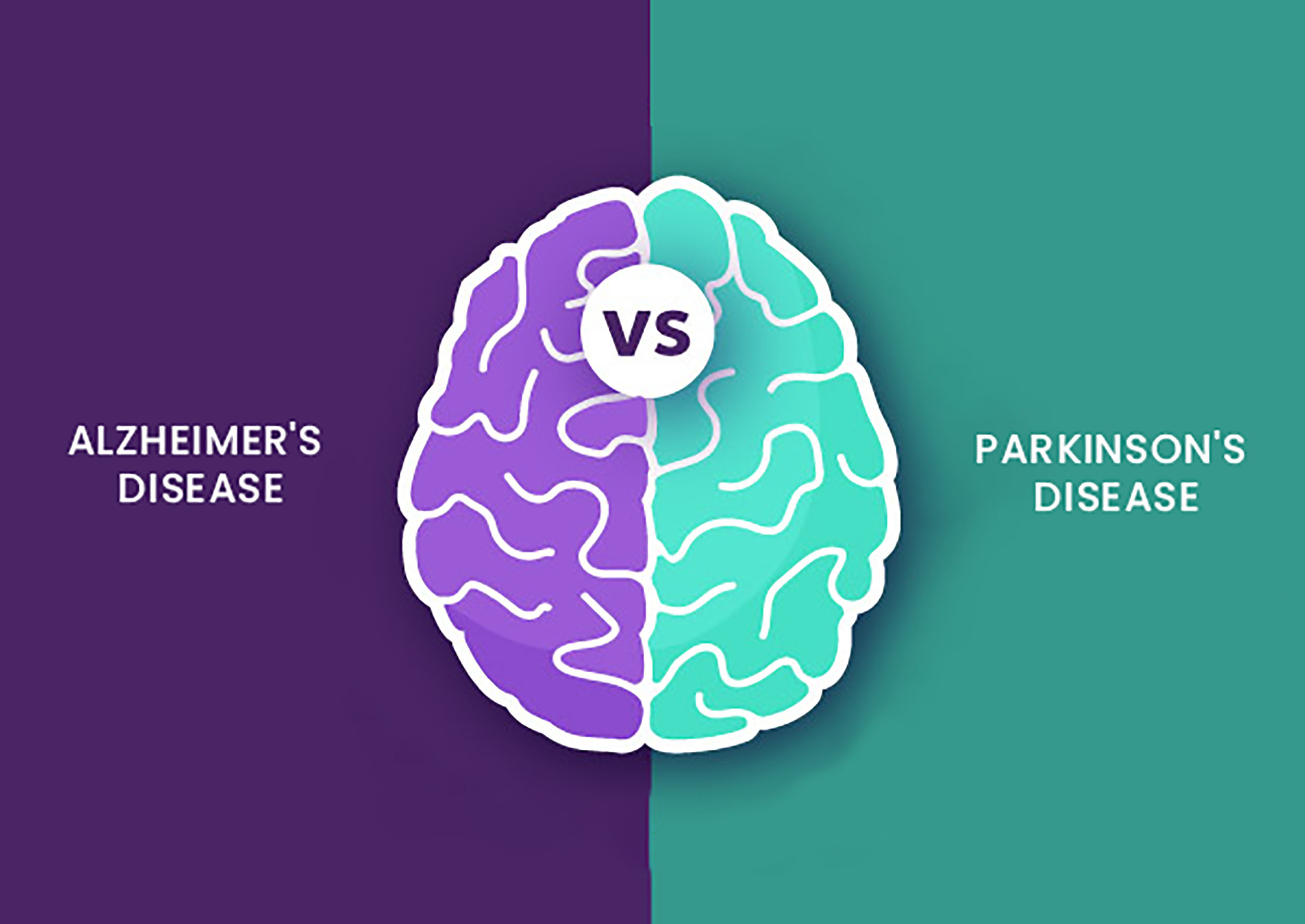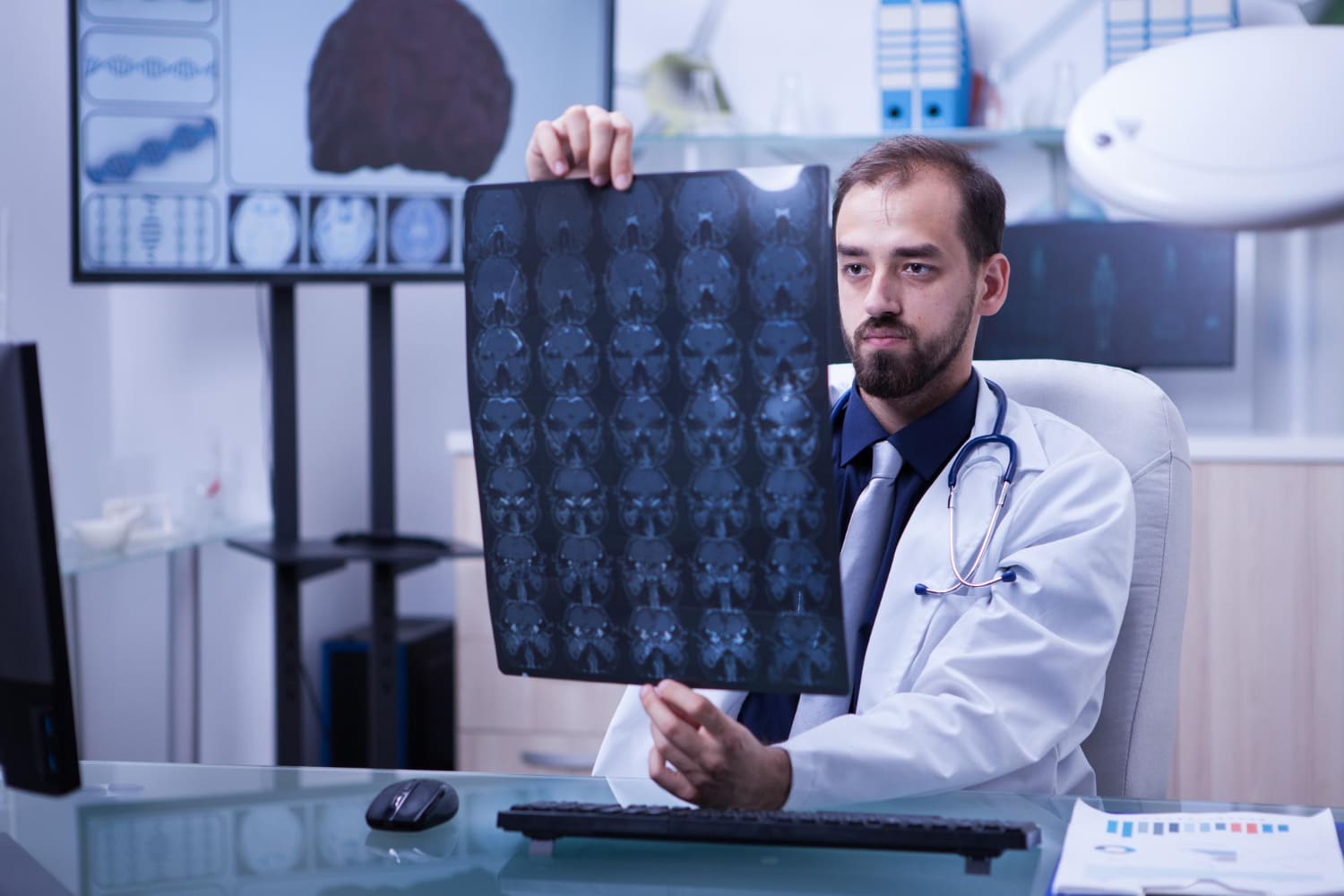Common symptoms in Parkinson’s disease

Apr 19, 2022
Parkinson’s Disease (PD) is the second most common neurodegenerative disorder in which nerve cells in specific parts of the brain suffer premature and progressive dysfunction and death resulting in the loss of their function and certain clinical symptoms. The pathology in PD is complex and the main pathology affects brain cells producing a natural neurotransmitter called dopamine.

It is important to differentiate PD from other types of “parkinsonism”. Parkinsonism is a clinical term including PD and many other neurodegenerative disorders. The differentiation is important since outcome or prognosis and response to treatment differs in PD and other types of “parkinsonism”.
The main clinical “motor” symptoms of PD are:
- Bradykinesia
- Tremors
- Rigidity
- Postural and gait instability
Bradykinesia means slowness in planning, starting and executing various activities. It is recognized easily by family members as slowness in all day to day activities as eating, dressing, walking speed, responding and in other actions as gestures, decreased facial expression and decreased arm swing during walking.Slowness may also be a feature in other conditions as depression, hypothyroidism and needs clinical exam by a neurologist for confirmation of the diagnosis.
Tremor or shaking of hands in PD is the most common symptom of PD. It characteristically starts in one hand and is present at rest (when the hand is not doing any action) although in some patients is may persist in certain actions. The hand tremor then progresses to other hand over time. Tremor in PD may also involve the leg, jaw, chin, lips. Apart from PD, there are other numerous other causes of tremors in hands which may be related to an alternative disease or may be due to certain medications.
Rigidity means increased stiffness of the body which may involve any limb and back. It is discomforting to the patients and decreases the motor functions. Rigidity of limbs may be falsely interpreted as joint problems (as frozen shoulder). It too needs clinical exam for confirmation.
Postural and gait (walking) instability is usually a later symptom in PD. Patients complain of difficulty in walking and fear of falling. While walking patients have a stooped back and walk in short steps with dragging of feet on floor rather than lifting the feet well above the ground. Falls in patients with PD generally occur in later stages and if occur in earlier stages then alternative types of Parkinsonism should be considered. Since PD most commonly occurs in older ages other reasons as impaired vision, joint problems, coexisting diseases contribute to postural instability. Extreme care should be taken by family to avoid falls else resulting in fractures and head injuries.
In PD,tremors, slowness and rigidity respond well to medications until about 5-10 years from the onset after which the response becomes less and unpredictable.
Freezing of gait: characterized by pausing while walking and then taking a few moments to walk again. It is one of the major disabling symptoms for the patient and also contributes to falls. It occurs in certain specific circumstances as walking through narrow passages, while turning and when the patient is anxious. Freezing in PD occurs in the late stages.Voice of patients with PD is hypophonic and soft.
Apart from the above motor symptoms in PD there are numerous non motor manifestations in PD. Some of these non-motor clinical features can proceed the onset of above motor features by years. Early stages non motor symptoms include loss of sense of smell, constipation, depression and sleep disturbances.
Sleep disturbances are common and part of clinical spectrum of PD. Sleep disturbances include excess daytime sleepiness, insomnia and awakenings and REM sleep behavioral disturbances. REM stage is a normal phase in sleep. In patients with PD (and some other diseases) patients may exhibit talking, yelling, and may have subtle to violent limb movements as kicking, punching injurious to the sleeping partner during their REM sleep stages.
In the later stages of PD patients may have dementia (forgetfulness affecting personal and social aspects of their lives), urinary symptoms as increased frequency, incontinence, erectile dysfunction and symptoms of psychosis as hallucinations.







